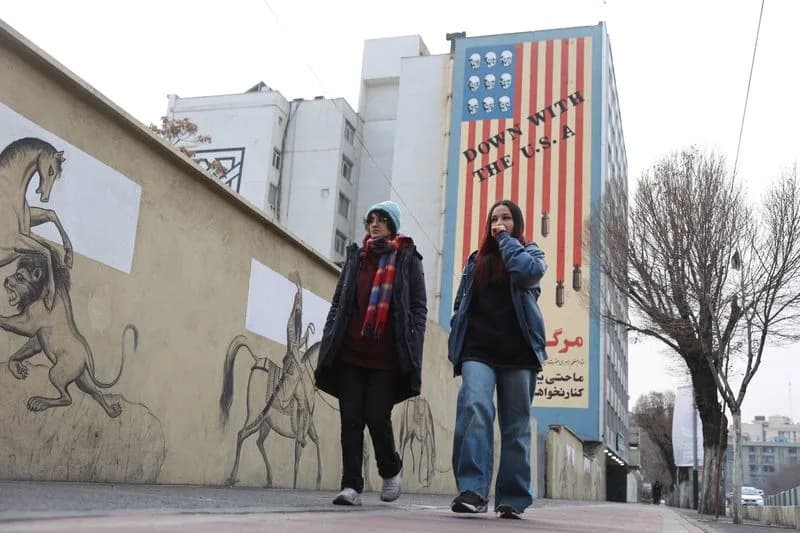Dick Cheney, who died Tuesday, wielded unparalleled influence over U.S. foreign policy as vice president, advancing pre-emptive military doctrine and policies that weakened detainee protections. His advocacy for the 2003 invasion of Iraq contributed to hundreds of thousands of civilian deaths and the loss of more than 4,000 U.S. service members. Over time his neoconservative approach lost support across parties, and disputes over torture, Guantánamo and accountability remain unresolved.
Dick Cheney: The Vice President Who Remade U.S. Foreign Policy — and the Legacy That Unraveled

Dick Cheney, who died Tuesday, exerted an influence over U.S. foreign policy unmatched by any modern vice president — and left a divisive, lasting legacy.
Influence and doctrine
A seasoned Washington insider with little apparent desire to be president himself, Cheney concentrated power by focusing tightly on national security. Shocked by the September 11, 2001 attacks, he championed a doctrine of pre-emptive action: striking first to prevent threats and, when necessary, toppling hostile regimes before dangers fully materialized.
"It would be hard to argue that he was not the most influential vice president," said Aaron Mannes, a scholar of the American vice presidency at the University of Maryland School of Public Policy. Mannes noted Cheney consolidated power by "pushing an open door."
War in Iraq and its consequences
Cheney was a leading advocate for the 2003 invasion of Iraq. The decision continues to reverberate across the Middle East and through U.S. policy debates: hundreds of thousands of civilians died and more than 4,000 U.S. service members lost their lives as Saddam Hussein was ousted and the country descended into sectarian violence and instability.
Detention, interrogation and controversy
Cheney also presided over a rupture in Western standards for detainee treatment. His office supported indefinite detention of terrorism suspects without charge and approved so-called "enhanced interrogation" methods such as waterboarding — techniques widely regarded as torture. The policies strained U.S. legal and moral standing and prompted long-running disputes about accountability.
The waning of a worldview
By the end of George W. Bush's second term, Cheney's positions were increasingly challenged. At times President Bush backed diplomatic alternatives favored by Secretary of State Condoleezza Rice, including talks with North Korea — a departure from Cheney's maxim, "We don't negotiate with evil; we defeat it." Barack Obama's 2008 victory reflected a rejection of Cheney's worldview, while many Republicans later shifted away amid changing public priorities at home.
Even within conservative circles reactions were mixed: Danielle Pletka of the American Enterprise Institute, who supported the Iraq war, argued that many still believe a strong America can be a force for good. Yet Donald Trump criticized Cheney as "the King of Endless, Nonsensical Wars," and Cheney himself said he voted for Democrat Kamala Harris in the most recent presidential election. His daughter, former congresswoman Liz Cheney, became a prominent Republican critic of Trump.
Accountability and legacy
President Obama declared on taking office that "the United States does not torture," but he also opted not to pursue criminal prosecutions for those responsible, hoping to move past the controversies. The detention facility at Guantánamo Bay, which Obama sought to close, remained open with far fewer detainees.
"There is a direct line from Vice President Cheney to the torture that the U.S. is now complicit in in El Salvador," said Sarah Yager, Washington director of Human Rights Watch, linking earlier U.S. practices to later abuses elsewhere. "It's really a shame that accountability never closed the door for the United States on torture."
Cheney's imprint on American foreign policy is unmistakable: he enlarged the reach of the vice presidency and helped reshape U.S. strategy after 9/11. Yet his record also sparked fierce debate about the costs of pre-emption, the limits of executive power, and the need for accountability — debates that continue to shape U.S. politics and foreign policy today.
Help us improve.


































